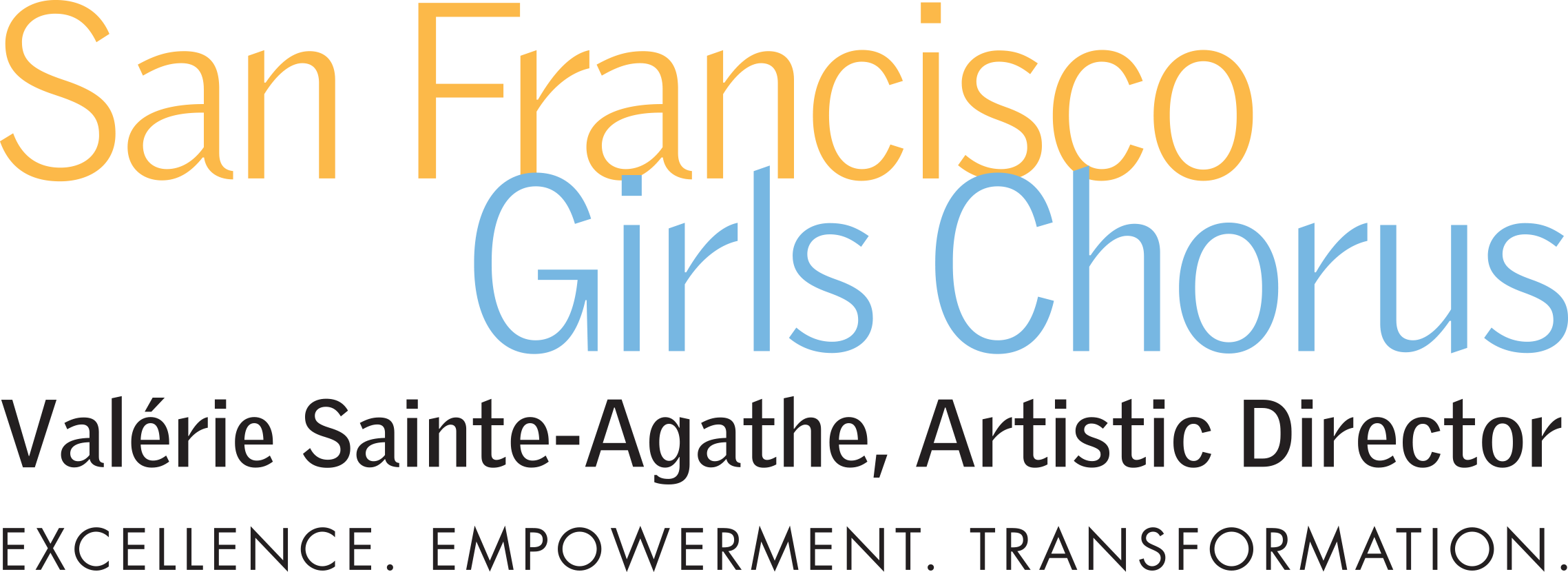Happy Groundhog Day

It was great to be among you all last week, the whole of 44 Page Street buzzing with different projects, music coming from everywhere. I celebrated Groundhog Day in apt manner, crawling out of my composing nest for just a glimpse of the world before climbing back in and going back to work. The chance I got to hear the girls at work was very helpful! It got their sound fresh in my ears and helped me fuel up for the home stretch.
Those of you who have been receiving these postcards for a year or two already know some of the cast of characters that will surround our premier ensemble and Valerie when they come here to NYC for the New York Philharmonic Biennial, to share the stage with the Knights Orchestra and the Brooklyn Youth Chorus and pieces by Timo Andres and Philip Glass’s setting of Allen Ginsberg’s classic, "Father Death Blues”.
While Joshua Roman (who got a link last week in Melanie’s postcard) writes music for the April concert, and Theo Bleckmann is writing both for the Chorus School and for the a cappella “preview concert” that we will share with the Brooklyn Youth Chorus in New York, Pulitzer Prize-winning composer Aaron Jay Kernis and I are hard at work on larger works for the Biennial that will feature our singers with the orchestra. Yes, it’s a whole other SFGC world here in the hidden groundhog warren where we composers who are currently writing music for the SFGC exchange calls and emails (“how many divisi are you using in the sopranos? what’s the tessitura of the first altos? hey are you using bass drum? can it be a really big one? did you decide to use xylophone too? does the oboist double on english horn? i’m clocking in at 13 minutes, you???”…..and so forth).
Aaron lives just 15 blocks away from me and we often take walks to take breaks from our pianos. This is the first time we are working on twin pieces at the same time, for the same concert and the same performers! He has finished the first movement of his piece, and I got a chance to hear Valérie lead a rehearsal of it last week. Knowing that he was at his piano here in NYC working on the last movement at that very moment, I called him up and held my cell phone out so he could hear the girls singing his unmistakable, virtuoso melodies. Aaron is no stranger to the NY Philharmonic—he got his first performance with them when he was only 23 years old (!!) and the rest is history.
Take a listen to Aaron talk about his work, and his teaching:
[embed]https://vimeo.com/104855958[/embed]
Like many composers, he is a deeply committed teacher (at the Yale School of Music), and has mentored a number of young composers in the next generation who are already taking the music world by storm. He talks about strengthening students’ skills, identifying each of their own areas of potential growth. What do you think it would be like to study composition with him? Listen to the clips of music in this interview—does his music share certain qualities with his philosophy of teaching? What words would you use to describe his approach? Is he serious-minded? Fun-loving? Rigorous? Whimsical? What emotions do you hear in his music? Do the different pieces sound similar to you? If so, in what way? If not, how might you recognize them as being composed by the same person anyway? What is the through-line that makes Aaron’s music so distinctively his?
Aaron has twins who will be 13 years old next week, so he is particularly connected to the age of the choristers who are learning his music now. Those of you who are learning his new piece, what do you think about his list of influences from the beginning of this interview? Do you hear some of these styles of music in the new piece?
Time to check in with him and see how it’s going, and then back down the rabbit hole I go. I’ll leave you with a little clip of Aaron’s famous “Superstar Etude #1”—how about this piece, what styles do you hear in there? Hold onto your hat!
[embed]https://www.youtube.com/watch?v=w8npvHgJMMY[/embed]
Yours as ever,
